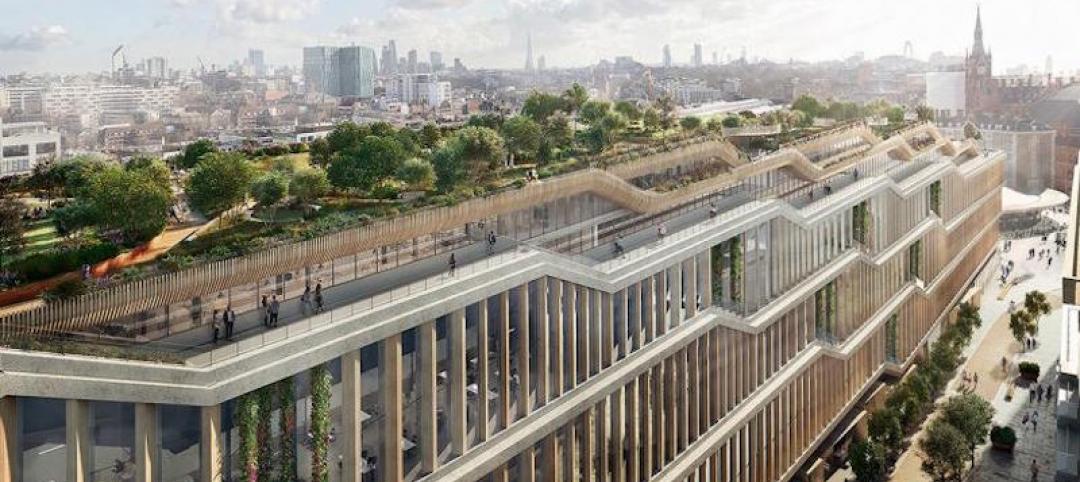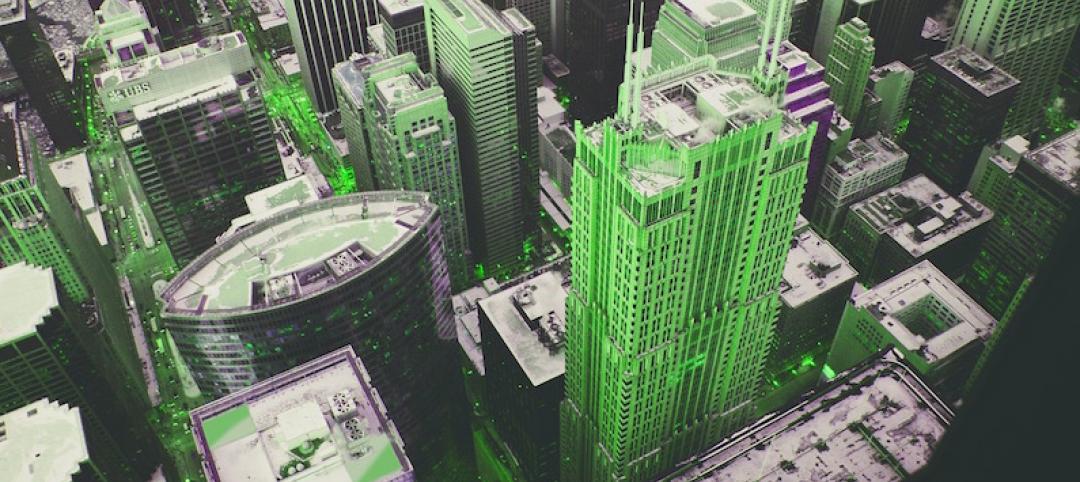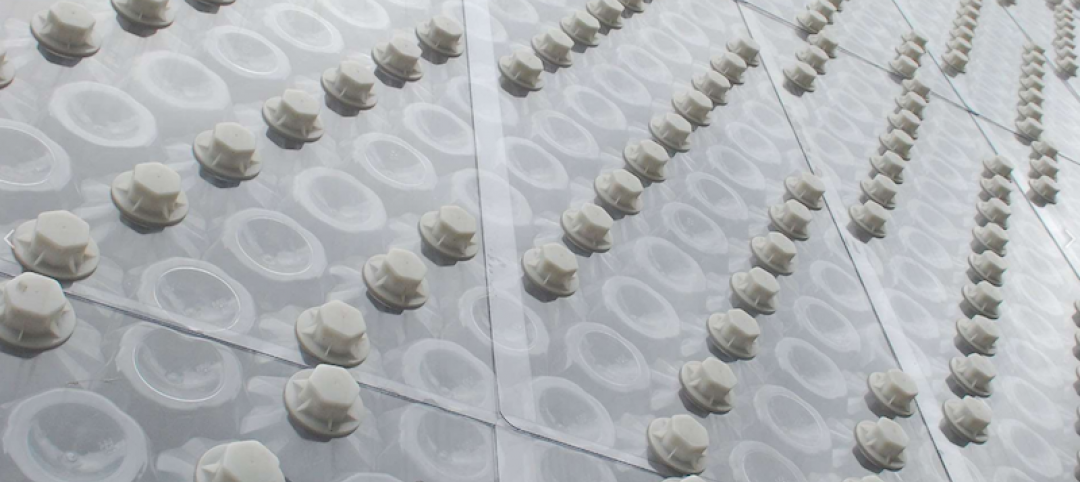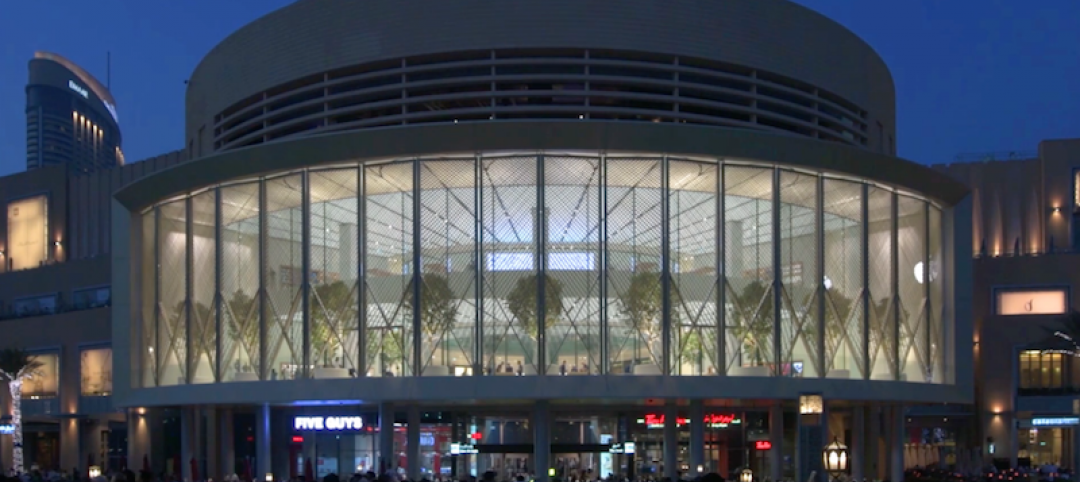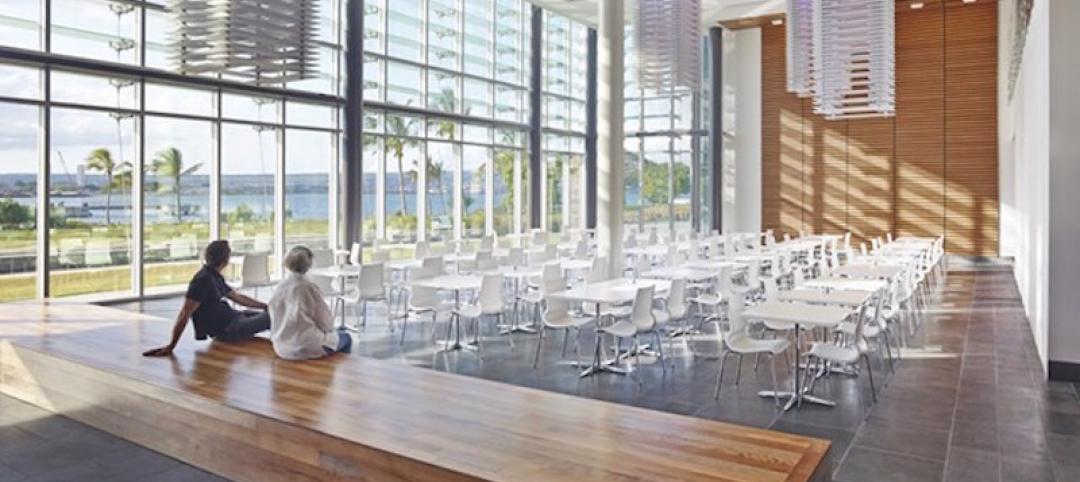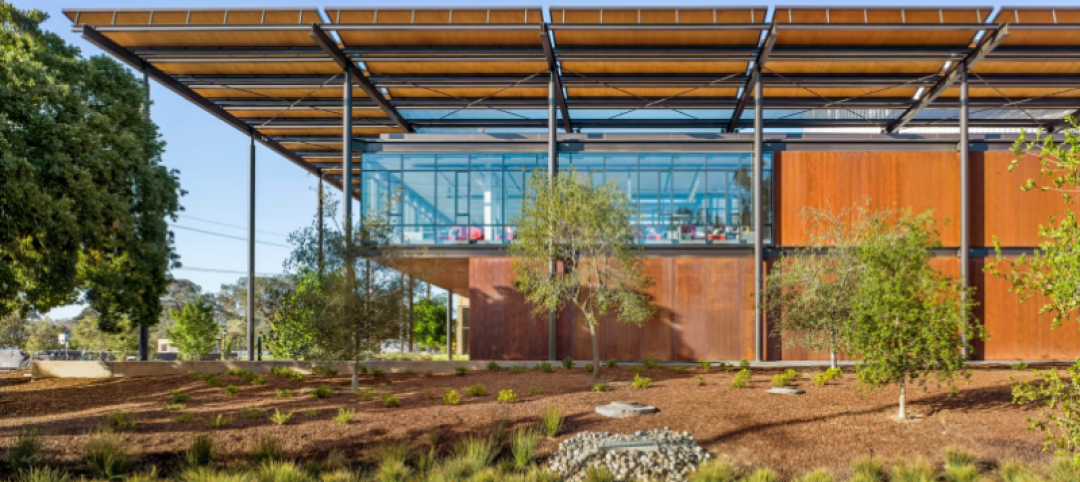Global management consulting firm McKinsey recently launched the Net Zero Built Environment Council, a cross-sector coalition of industry stakeholders aiming to decarbonize the built world.
The council’s chief goal is to collaboratively create new pathways to cut greenhouse gas emissions from buildings.
The Council will support stakeholders to create and commercialize new green innovations, create global sustainability metrics and research, and promote cost-effective pathways to “decarbonizing everything from construction methods to materials,” according to McKinsey.
The council will work to align siloed supply chains, construction projects and markets, and help industry players tap into an estimated $800 billion to $1.9 trillion in potential green markets. The launch of the Net Zero Built Environment Council comes alongside the release of a new McKinsey report that identifies a lack of collaboration within the built environment ecosystem as a key obstacle to decarbonization.

McKinsey’s research found that 76% of emissions from an average building are caused by operations, demonstrating a need for collaborative decarbonization across the entire built environment life cycle, not just during construction.
The report found that half of all emissions across the built environment could be eliminated with little extra cost, while 20% will be more costly and complex to decarbonize, such as cement and steel, requiring more industry partnerships to reduce costs and risks for all new materials and technologies.
3 goals of the Net Zero Built Environment Council
To help facilitate the critical elements for change, we are launching the Net Zero Built Environment Council, which brings together many of the leading incumbents and new scale-ups across the built-environment ecosystem. Along the lines of the three ingredients covered in this article, the council’s ambitions can help with the following actions:
- Create transparency. Establish a fact-based perspective on a possible cost-effective recipe (translate the most powerful technology and other levers into a simplified playbook that applies to major building archetypes).
- Raise awareness of what is doable. Remove perceived barriers to decarbonization, capture the interest of decision makers, and spur “positive pressure” and acceleration to act.
- Stimulate partnerships and encourage initiative. Enable execution via innovative financial models, deployment of technologies, and scaling of efforts by bringing together stakeholders from across the built environment, whether by jointly commercializing technologies at scale or by identifying and creating lighthouse projects.
All contributors along the value chain must come together to overcome systematic challenges and increase transparency on cost-effective pathways to reach decarbonization goals and spread awareness to the entire sector. In this sense, the Net Zero Built Environment Council represents an important step forward in uniting industries and sectors—not only to achieve their climate ambitions but also to create green growth in the built environment.
Related Stories
| Jun 13, 2017
Accelerate Live! talk: Next-gen materials for the built environment, Blaine Brownell, Transmaterial
Architect and materials guru Blaine Brownell reveals emerging trends and applications that are transforming the technological capacity, environmental performance, and design potential of architecture.
Office Buildings | Jun 8, 2017
Take a look at the plans for Google’s new 1 million-sf London campus
Heatherwick Studio and BIG are designing the 11-story building.
| May 30, 2017
Accelerate Live! talk: Health-generating buildings, Marcene Kinney, Angela Mazzi, GBBN Architects
Architects Marcene Kinney and Angela Mazzi share design hacks pinpointing specific aspects of the built environment that affect behavior, well-being, and performance.
Codes and Standards | May 30, 2017
Industry Groups move toward Unified Green Building Model Code in 2018
The effort involves combining ASHRAE's Standard 189.1 with the International Green Construction Code.
Multifamily Housing | May 22, 2017
Zaha Hadid Architects residential development takes a page from a classic Bradbury tale
The buildings are on an elevated platform and the surrounding walkways are suspended so as not to disturb the surrounding ecosystems.
Architects | May 16, 2017
Architecture that helps children fall in love with the environment
The coming decades present a major ecological challenge... so let’s encourage the next generation to do something about it!
Sustainability | May 16, 2017
1.5 million recycled plastic bottles were used to build this nine-story structure in Taipei
The building is made of Polli-Brick, a building material that comes from 100% recycled Polyethylene Terephthalate Polymer.
Retail Centers | May 3, 2017
18 Carbon fiber wings grace Foster + Partners-designed Apple Dubai Mall terrace
The store’s large terrace provides views of the Burj Khalifa and the Dubai Fountain.
Green | May 2, 2017
Green buildings don't have to cost more
What impact does sustainable design have on owners with a finite construction budget or developers who won’t own the building after construction?
Sustainability | Apr 20, 2017
The American Institute of Architects select the 2017 COTE Top Ten Awards
In its 21st year, the Top Ten Awards highlight projects that exemplify the integration of great design and great performance.



